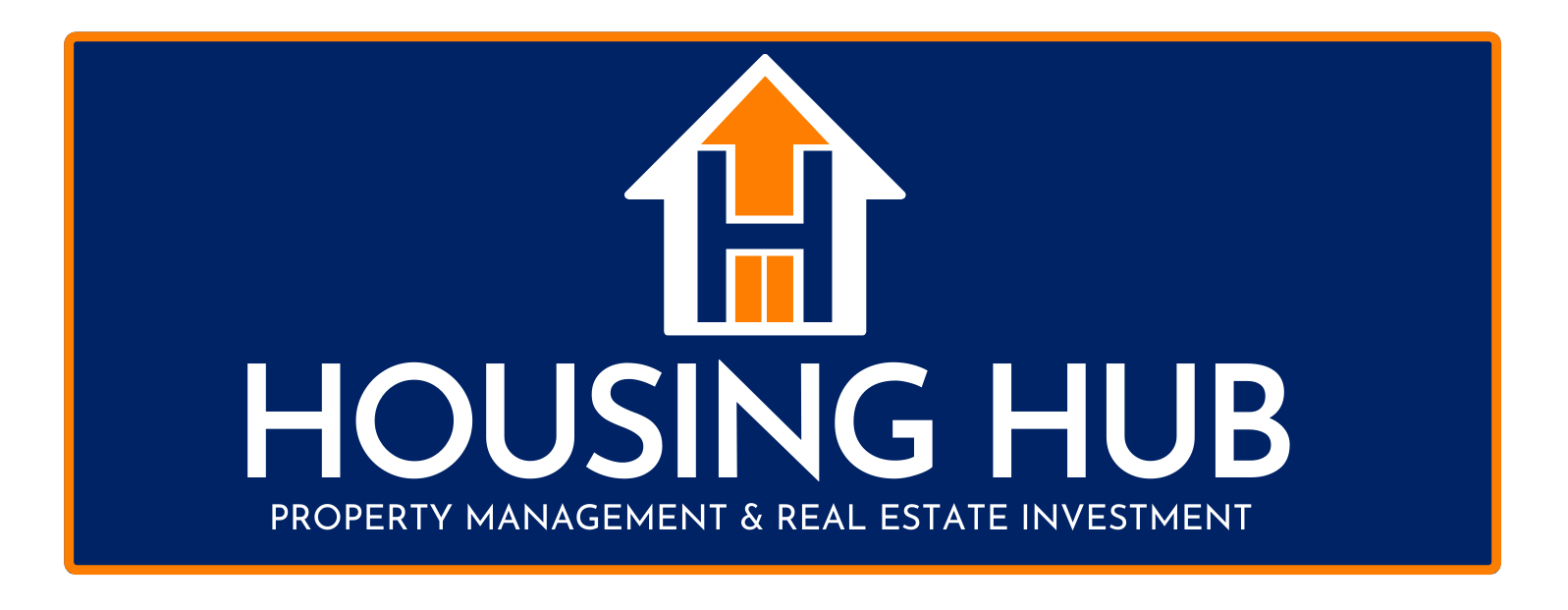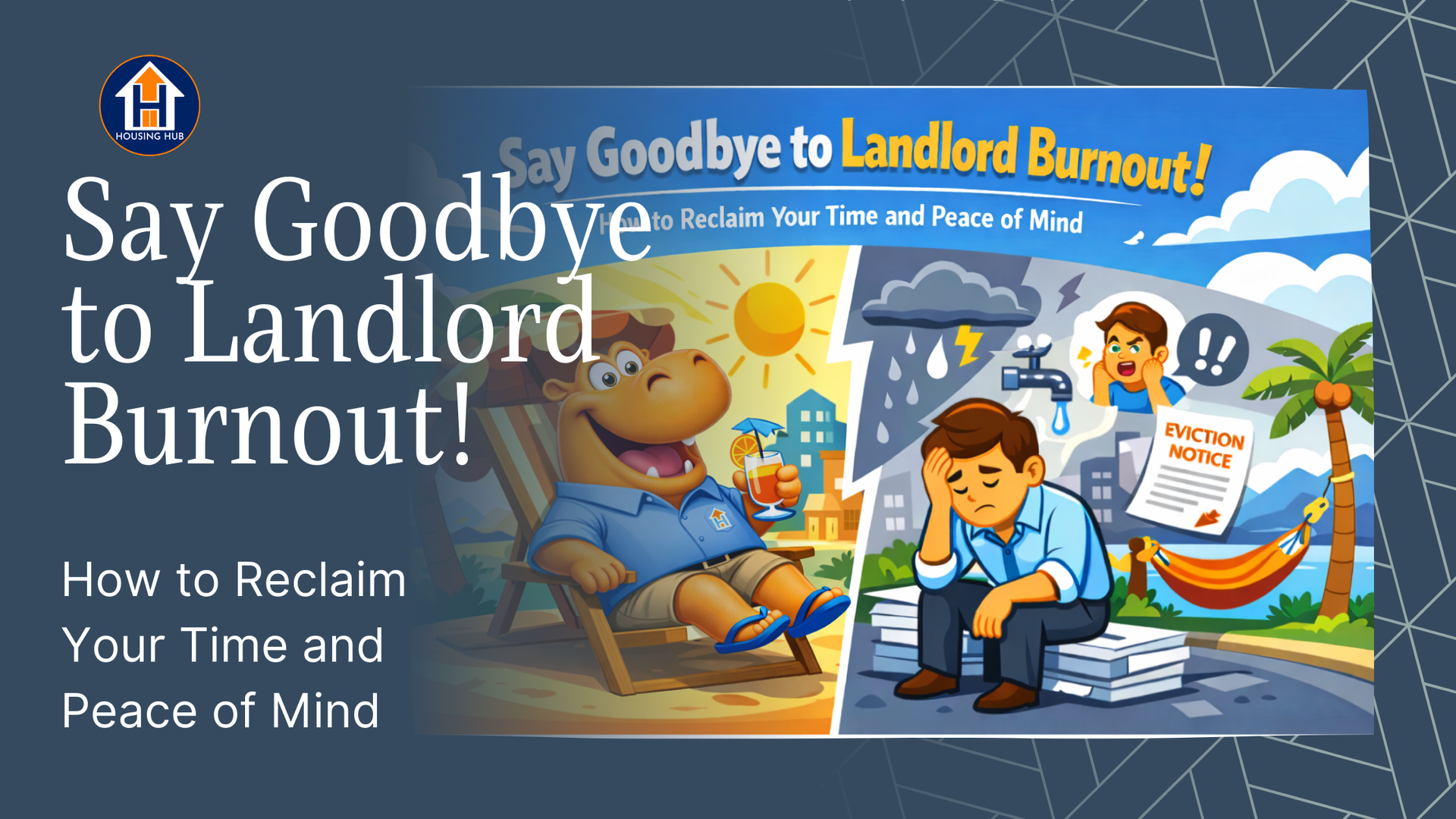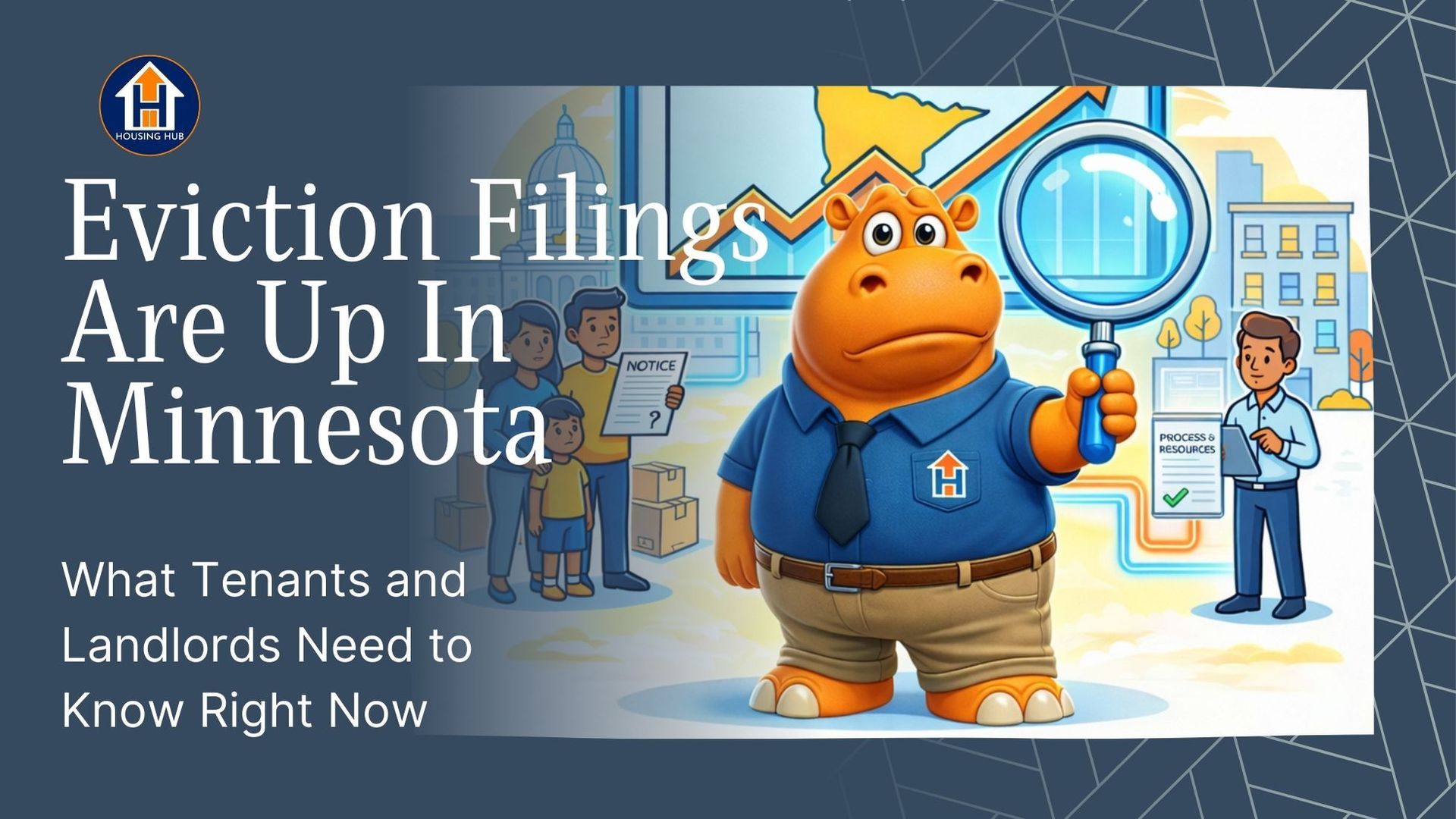Top 5 Things to Know Before Renting Out Your Property in the Twin Cities

Owning a rental property in Minneapolis, St. Paul, or the surrounding areas can be a smart investment, but becoming a landlord isn’t as simple as handing over the keys and collecting rent. Between local regulations, tenant expectations, and ongoing maintenance, there’s a lot to consider before listing your property.
Here are the top five things every first-time (and even experienced) landlord should know before renting out a property in the Twin Cities Metro Area:
1. Understand Local Landlord-Tenant Laws
Minnesota has specific laws that protect both landlords and tenants. That includes clear rules about:
- Security deposits (must be returned within 21 days after move-out).
- Required disclosures (lead-based paint, utilities, etc.)
- Maintenance obligations (keeping the property habitable, addressing repairs quickly)
- Tenant rights (non-discrimination, privacy, notice before entry)
📌 Why this matters: Mistakes in following landlord-tenant laws can lead to costly fines, legal disputes, and delays in getting your property rented again. At Housing Hub, we take the stress and uncertainty out of the process for both owners and tenants.
For property owners, this means peace of mind knowing every lease, disclosure, and requirement is handled correctly and on time—protecting your investment and maximizing occupancy.
For tenants, it ensures a transparent, fair, and professional rental experience, where your rights are respected and your home is properly maintained.
By partnering with Housing Hub, everyone benefits from a process that is consistent, compliant, and built on trust.
Worried about your security deposit? Watch how we help protect your rights and your money.
2. Set the Right Rent Price
Pricing your rental too high means longer vacancies, while pricing too low means you’re leaving money on the table. Do your homework:
- Research comparable listings in neighborhoods close to your property
- Factor in property taxes, mortgage, insurance, and repair costs
- Consider seasonal demand (spring/summer leasing often moves faster than winter months)
📌 Pro Tip: Online tools like Zillow, Rentometer, and Apartments.com are useful for getting a general sense of rental pricing in your neighborhood, but they can’t capture the full picture. At Housing Hub, we go a step further by offering a free rental analysis tailored to your specific property. Our team reviews comparable listings, market demand, and neighborhood trends to ensure your rental is priced competitively and positioned for maximum ROI (return on investment).
3. Screening Tenants Carefully
A thorough tenant screening process is one of the most important steps in protecting your investment. At minimum, this should include:
- A rental application with references
- Credit and background checks
- Employment and income verification
- Consistent criteria applied fairly to all applicants (to comply with Fair Housing laws)
📌 Why this matters: One bad tenant can end up costing you thousands of dollars in lost rent, property damage, and even legal fees.
The good news? You don’t have to navigate this alone. At Housing Hub, we walk you through every step of the process, explain how each screening task is handled, and ensure it’s all done thoroughly and on time so you can protect your investment with confidence.
4. Prepare & Insure Your Property
First impressions matter. Before listing, make sure your rental is safe, clean, and attractive:
- Repair leaks, fix appliances, replace worn flooring if needed
- Paint walls in neutral colors to appeal to more renters
- Deep clean carpets, kitchens, and bathrooms
And don’t forget insurance, landlord policies provide liability coverage and protect your investment differently than standard homeowners’ insurance. We will walk you through all the necessary steps here at Housing Hub.
📌 Pro Tip: Budget about 1% of the property’s value annually for ongoing maintenance.
5. Treat It Like a Business
Your rental property is more than a home, it’s an investment. That means treating it like a business:
- Keep detailed records of expenses, repairs, and tenant communications
- Budget for vacancies and unexpected costs
- Set up clear policies for rent collection, late payments, and communication. At Housing Hub we help you take care of all these important details and give you the
why
behind it.
📌Why this matters: Professional systems save time, reduce stress, and maximize your long-term ROI.
Final Thoughts
Renting out your property in the Twin Cities Metro can be rewarding, but it comes with challenges. From navigating legal requirements to finding great tenants and maintaining your property, it pays to plan ahead.
At Housing Hub, we’ve been helping property owners across the Twin Cities manage their rentals since 2013. Whether you’re new to being a landlord or managing multiple properties, our team is here to maximize your ROI and take the stress off your shoulders.
Contact us today to learn how we can help you rent out your property with confidence.
Thinking about property management? Check out why landlords trust Housing Hub.






